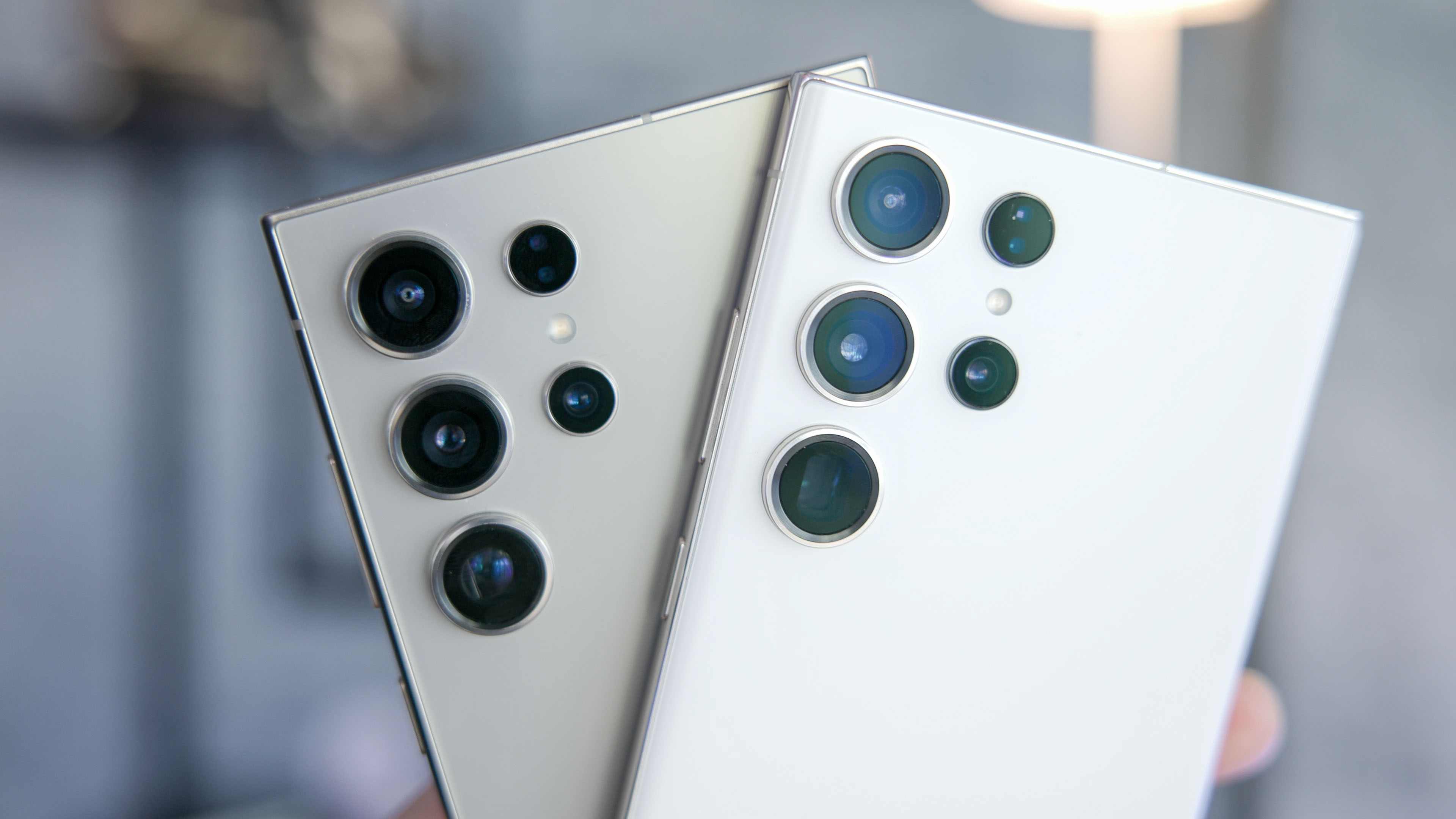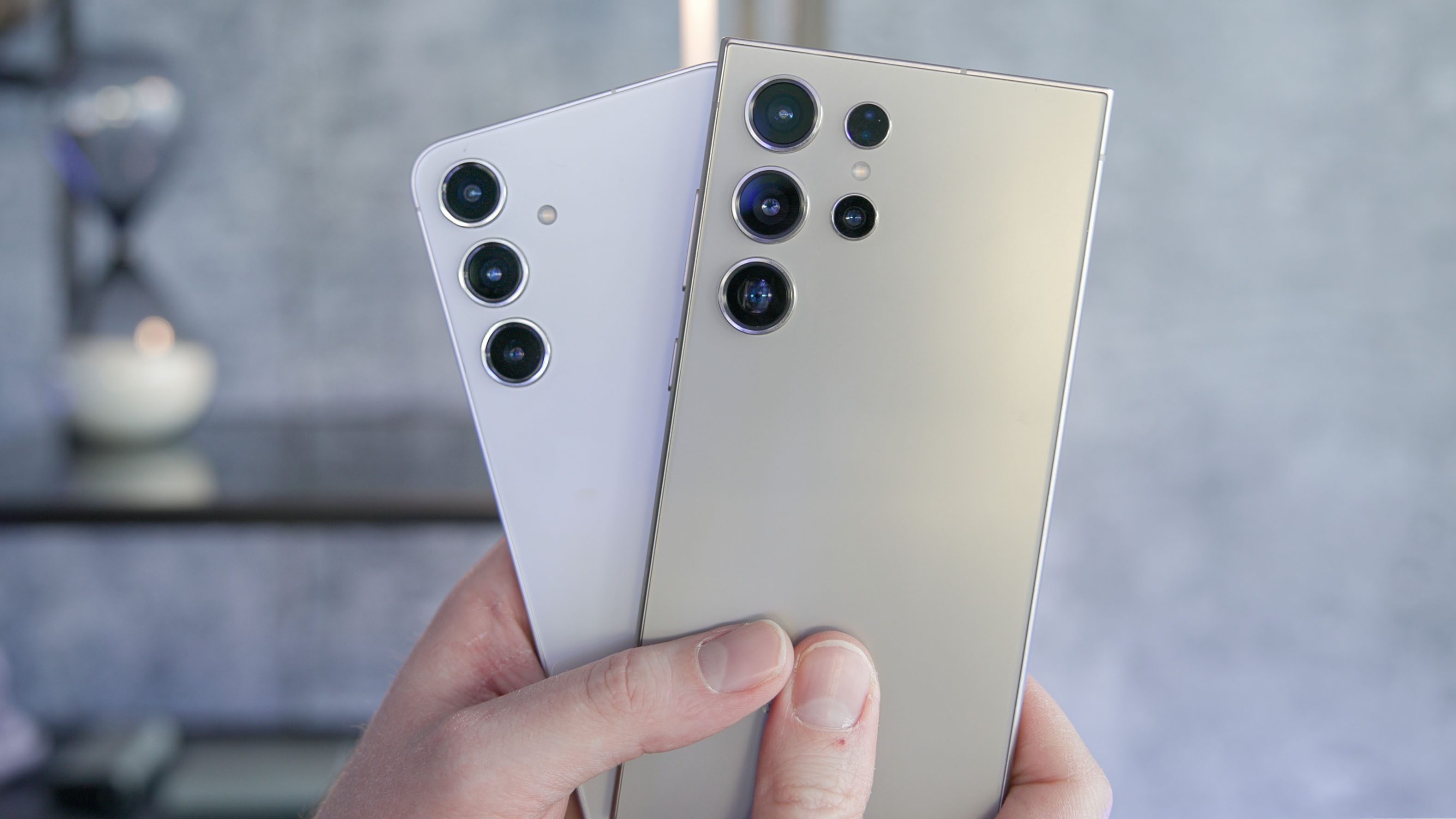
Samsung unveiled the Galaxy S24 series at its Unpacked event today, but that wasn’t all the company talked about. A new health tracker was also briefly shown off, called the “Galaxy Ring.”
Following the main reveal of the Galaxy S24, Galaxy S24+, and Galaxy S24 Ultra, Samsung announced a completely new health tracker product in the shape of a ring. The livestream didn’t provide the best view of the device, but it looks like a normal black ring with some health sensors visible on the inside. Presumably, it will be able to track heart rate and other health information without the need for a bulkier device on your wrist, like a smartwatch.
Samsung isn’t the first company to try cramming health sensors into a a ring: the Oura Ring might be the most popular example. Launched after a successful Kickstarter campaign, the Oura Ring has a focus on sleep tracking and recovery insights—a great feature for people who have trouble falling asleep with a bulky watch or band on their arm. It can monitor heart rate, body temperature, and movement. There’s also the Motiv Ring, which initially gained attention for its emphasis on fitness tracking, wrapped in a durable and waterproof titanium shell. The Motiv Ring can track steps, heart rate, and calories burned, and the ring can also act as an two-factor authentication device.
Presumably, the Galaxy Ring will have similar features as the competition, and Samsung is also promising it will use AI to some extent. The company previously sold the Galaxy Fit and Galaxy Fit2 smart bands as basic and compact health trackers, but those devices were discontinued a while ago. The Galaxy Ring could be a new option for people who want health tracking in a more compact device than a full-size Galaxy Watch, using the same Samsung Health software and optional Google Fit integration.
Samsung didn’t reveal pricing, availability, or any other information about the Galaxy Ring. The Oura Ring Gen 3 starts at $300, so if the Galaxy Ring is a direct competitor to that, it might have a similar price tag.
Source: Samsung via Engadget






